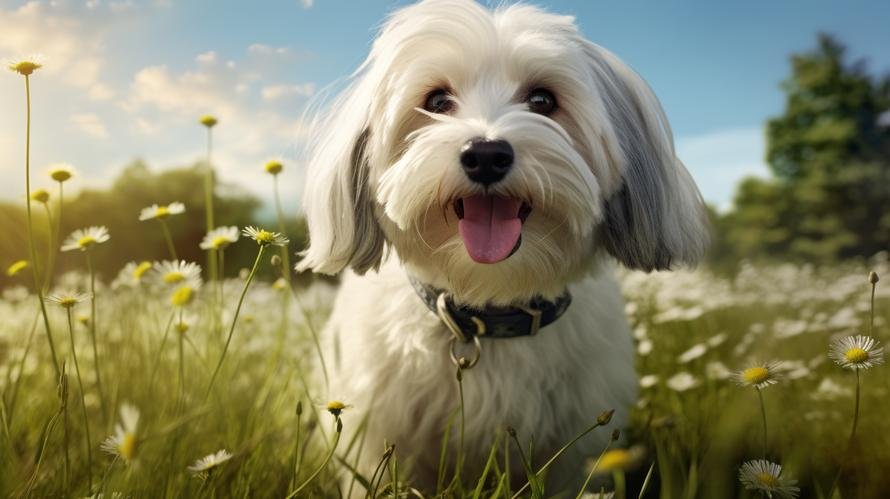Did you know that the Havanese, one of the most cherished breeds of dogs, traces its roots back for hundreds of years to the island of Cuba? Often called the “silk dog” for its silky, soft coat, this dog breed is renowned for its intelligence, affectionate nature, and irresistible cuteness. These dogs are keen on food, too, and rightly so! After all, their diet directly impacts their health, happiness, and longevity. The million-dollar question is, then: What is the best food for a Havanese?
Before we crawl into the nitties and gritties, let’s delve a bit more into the unique attributes of this adorable breed. Havanese dogs are small, energetic, and typically weigh between 7 and 13 pounds. Their petite size necessitates a diet tailored to their specific nutritional needs- something that not all dog foods can deliver. Admittedly, they have a penchant for lots of lovely lap time, but when given room to gambol and play, these little charmers burn off plenty of energy!
Distinguished for their ever-wagging tails and expressive eyes, Havanese dogs often find themselves in the center stage at home. Their cheerful demeanor and sponge-like learning ability have a flip side, though. Without proper nutrition, these attributes can suffer, and health issues like obesity, heart conditions and hip dysplasia may sneak in. No one desires this for their furry companions. That’s why we should dig into the best food options for a Havanese.
Primarily, foods rich in high-quality proteins and fats are the way to go. Proteins are significant for maintaining and repairing tissues, including the skin, coat, muscles, and more. A diet high in protein keeps them lean and strong, fending off obesity and facilitating necessary growth.
Dogs, unlike humans, extract most of their energy requirements from fats and not carbohydrates. High-quality fats, like omega-3 and omega-6 fatty acids, are essential for the overall health and wellbeing of your Havanese, contributing to a shinier coat and healthier skin and brain.
Your Havanese’s diet should also include sufficient fibers and carbohydrates to ensure good digestive health and sustained energy levels. Sweet potatoes, peas, and carrots are great examples of vegetables rich in fiber and carbohydrates.
All that said, the central pillar of a Havanese’s diet is its dog food, which should boast a well-rounded nutritional profile. From dry kibbles to canned food and raw diet, there’s a gamut of options to explore. High-quality dry kibble is often best because it provides a balanced diet for adult dogs and may help keep dental issues at bay.
It would be best to feed your Havanese a diet filled with high-quality ingredients like whole meats, fruits, and vegetables, and stay far from anything with an excess of by-products, fillers, artificial preservatives, or colors. These could lead to allergies or long-term health issues. Additionally, make sure the food you choose meets the standards set by the Association of American Feed Control Officials (AAFCO).
Ultimately, every dog is unique in its nutritional needs and flavor preferences. The best way to determine the most suitable diet for your Havanese is by consulting your vet. They can make precise recommendations based on your dog’s health status, age, weight, and activity level.
If you have a Havanese puppy, remember to feed them a diet specifically tailored for growth. Puppies have different nutritional needs than adult dogs, and a pup-specific diet usually provides the right blend of nutrients for your growing pup. Once they’ve grown, you can gradually shift them to adult dog food.
At this point, it’s also worth noting that you should maintain a feeding schedule in line with your Havanese’s age and size. Young pups may need to be fed 3-4 times a day, while adult dogs might only need 1-2 meals a day.
To put it all in perspective, your Havanese dog’s diet is pivotal to its health and wellbeing. A balanced diet rich in protein, healthy fats, carbohydrates, and fiber should be at the cornerstone, supplemented by quality dog food. Vet advice can save the day, and a regular feeding schedule is crucial. Taking care of your Havanese’s feeding practices will make them healthier, happier, and surely more loving, enhancing the bond between you two. After all, aren’t our furry friends worth all the love and care we can muster?



